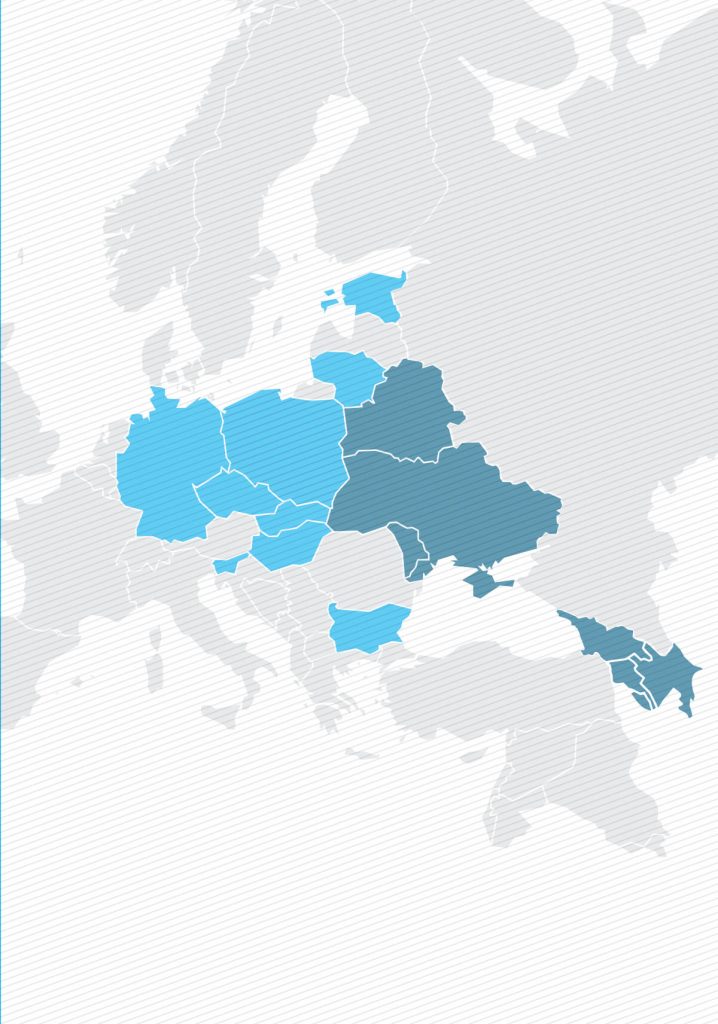
7 Years of Rule of Law Crisis: How CJEU and ECHR Defended Rule of Law in Poland in 2022?
The past year was full of events related to the ongoing crisis of the rule of law in Poland. The last few months have been dominated mainly with the issue of the \"milestones\" attached to the National Reconstruction Plan and the disagreement within the ruling coalition as to how to achieve them. Among other things, for this purpose the infamous Disciplinary Chamber was abolished and replaced with Chamber of Professional Responsibility.




